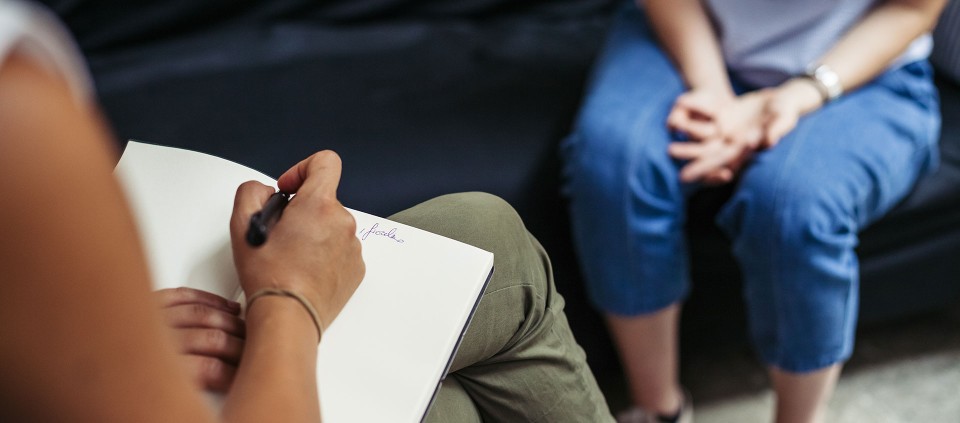Clinical Intuition at Play

Every psychotherapist relies on clinical intuition—whether in the form of flashes, hunches, gut feelings, body experiences, or behavioral impulses—to fill the gap between theory and practice. Clinical intuition is the means by which therapists perceive and respond to relational patterns during psychotherapy. Intuitive faculties are also critical in patients if they are to be open to experimentation, emotional risk taking, and novelty. Clinical intuition involves a right-brain, fully embodied mode of perception and response that is necessary for deep change. On the other side of the couch, intuition is crucial for patients as well—as a means of opening up, finding spontaneity, and exploring novelty in the context of a caring relationship.
To be effective as a psychotherapist means, in part, to honor the mystery of irreducible uniqueness. Although psychotherapists can, in theory, overlook radical uniqueness, they cannot overlook it in practice. Even allowing for developmental history and cultural background, empirical validation based on normative statistics cannot guarantee that any given method will work with any given patient and any given therapist at any given moment within any given relational and historical context. No matter how popular generalized treatment regimens or manual techniques may be and no matter how much they may quell our anxiety in the face of the unknown, we need to understand their limitations from the start. Prefabricated methods must always be supplemented with a personal touch that is available only through an intuitive feel for things grounded in present-centered awareness.
Immersed in the moment-to-moment thick of sessions, psychotherapists intuitively follow the natural flows of emotion, energy, and information with their patients. The more the perceptions and responses of psychotherapists emanate implicitly and intuitively from the central core of their being, the more attuned they can be to their own inner truths and to those of their patients. The ideal, intuitive therapist moves flexibly between implicit and explicit modes, between bottom-up sensory, somatic, and emotional primary experience and top-down modes of deliberation and creative insights. We must integrate it all if we want to effect therapeutic change.
Although clinical intuition cannot be directly taught, it can be cultivated. Very much like plants in a garden, even the most natural facilities and talents possess wilder aspects that need refinement to be of greatest value and service to others. To tend to one’s own intuitive gardens involves what Dan Siegel refers to as self-attunement. When psychotherapists attune to themselves, they redirect inward toward themselves the interest, empathy, and care they ordinarily extend outward to others. When patients pay more attention to embodied intuitive faculties, they create a network of feedback loops that enhance self-awareness and develop unique perspectives. Whether therapists or patients seek and discover different channels of knowing that are singularly their own, people cultivate individual relational styles that contribute uniquely to the interpersonal chemistry of their relationships. Through insight into their personal histories, particular challenges, and special gifts, their intuitive faculties can operate with greatest efficiency.
When we recognize and highlight our intuitive faculties, we bring ourselves closest to where our own unconscious lives and breathes. We ground ourselves in authentic perception and activate our emotionally wise heart centers, from where we are best poised to fine tune the imagination and access our clinical creativity. As psychotherapists, when we cultivate our own gardens this way, we maximize chances of our patients likewise opening up their intuitive powers to perceive, ground, and flower in light of their own unique set of histories, challenges, and gifts. When we encourage the play of intuition in patients, we enhance their self-trust and provide the safety they need to improvise, to try new things, even occasionally to fail and learn from failure.
Find out about programs with Terry Marks-Tarlow at Kripalu.
Reprinted with permission from the American Journal of Play.
Terry Marks-Tarlow, PhD, a clinical psychologist in private practice in Santa Monica, California, is on the teaching faculty at the Insight Center, Los Angeles.
Full Bio and Programs